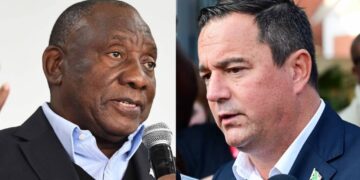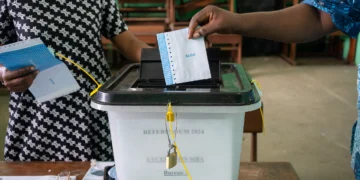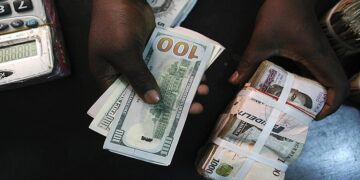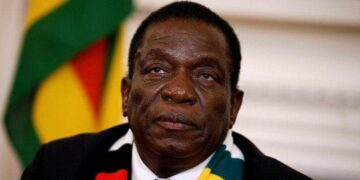This is an indication that these countries, including Nigeria, are making an effort to bridge the financial inclusion gap after signing the Maya Declaration in 2011. Premium Times reported that Nigeria made a commitment under the Maya Declaration in 2011 to reduce Nigeria’s financial exclusion rate from 46.3 to 20 per cent by 2020.
To achieve this, the Central Bank of Nigeria (CBN) adopted the National Financial Inclusion Strategy (NFIS) in 2012. According to the strategy’s document, the NFIS was built on four strategic areas of agency banking, mobile banking/mobile payments, linkage models, and client empowerment.
The strategy document also identified four priority areas for guideline and framework development. They include tiered know-your-customer (T-KYC) regulations, agent banking regulations, national financial literacy strategy, and consumer protection.
The Goalkeepers 2020
The report also showed that eight members of the West African Economic and Monetary Union, for example, allowed people to open accounts by text message or telephone and followed up later to verify their identity in person.
Members of the West African Economic and Monetary Union (also known by its French acronym, UEMOA) are Benin, Burkina Faso, Côte D’Ivoire, Guinea-Bissau, Mali, Niger, Senegal, and Togo. Nigeria is not part of the UEMOA but a member of the West Africa countries. According to the goalkeepers report, which Bill and Melinda Gates co-author every year, many developing countries are doing impressive work on digital cash transfers that put money directly in people’s hands.
“According to the World Bank, 131 countries have either implemented new programs or expanded existing ones since February, reaching 1.1 billion people. India, which had already invested in a world-class digital identity and payment system, was able to transfer cash to 200 million women almost immediately once the crisis hit.,” the report showed. The report showed that other countries facilitated new cash transfer systems with nimble policy changes.
Recession hit
The report also showed the global economy will lose $12 trillion, or more, by the end of 2021 even with the $18 trillion that has already been spent to stimulate economies around the world.
“The widest-ranging catastrophe — the one that has spread to every country regardless of the actual spread of the disease — is economic. That amount of money is impossible to fathom. For example, in terms of global gross domestic product (GDP) loss, this is the worst recession since the end of World War II, when war production stopped in an instant, one entire continent and parts of another were destroyed, and 3 percent of the world’s pre-war population was dead,” the report showed.
Premium Times had reported that the 2020 Goalkeepers report showed that after 20 straight years of poverty numbers reduction, coronavirus has reversed the trend.
“The pandemic has pushed almost 37 million people below the 2,000 shillings ($1.9) a day extreme poverty line. The poverty line for lower-middle-income countries is $3.20 a day and 68 million people have fallen below that one since last year,” the report said.



































